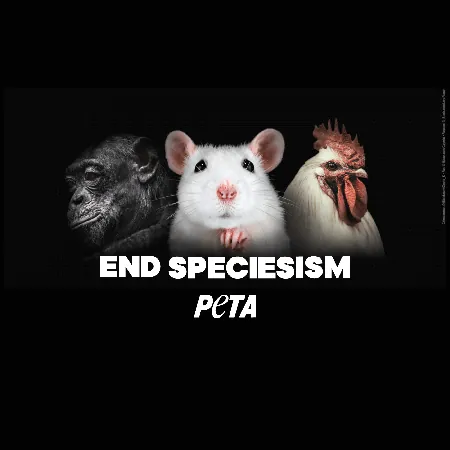
Major NIH Shake-Up: Senior Official Demoted Amid Research Misconduct Allegations
2024-09-26
Overview
In a significant and troubling revelation, the National Institutes of Health (NIH) has announced the demotion of Dr. Eliezer Masliah, the former director of the neuroscience division at the National Institute on Aging. This decisive action comes in light of findings related to research misconduct during his tenure at the agency, as confirmed by statements from PETA and other sources.
Concerns Over Research Integrity
Dr. Masliah's fall from grace is not just an isolated incident; it reflects a growing pattern among high-ranking officials in federally funded animal research labs. His case raises serious concerns about the integrity of research practices within prestigious institutions. Allegations suggest that he engaged in questionable practices, including the fabrication of research results, which ultimately compromise the welfare of animals involved in these studies and muddle the broader scientific landscape.
Impact of Misconduct
The implications of such misconduct extend far beyond ethical violations. Invasive and lethal experiments conducted on animals not only result in the suffering and death of countless creatures but also hinder medical progress by misrepresenting findings that are often not replicable. PETA's statement highlighted the urgent need to reassess the reliance on animal models in biomedical research, noting that their historical use has unveiled a troubling trend—many results that involve animal testing fail to translate to successful human therapies. This raises the question: Why continue a practice that consistently yields unreliable outcomes?
Call for Accountability and Reform
As the public eyes turn toward the NIH and its research practices, there is increasing pressure for accountability and transparency. Experts argue that it's high time to re-evaluate the role of animal experimentation in scientific research, advocating for more humane, accurate, and efficient alternatives that could lead to groundbreaking medical discoveries without compromising ethical standards.
Conclusion
The NIH has faced scrutiny in the past for its animal research practices, and this latest incident serves as a critical juncture. Will this signal a turning point for animal research funding in the United States? Only time will tell, but the call for reform is growing louder, and the stakes have never been higher for the animals and the integrity of scientific research.

 Brasil (PT)
Brasil (PT)
 Canada (EN)
Canada (EN)
 Chile (ES)
Chile (ES)
 España (ES)
España (ES)
 France (FR)
France (FR)
 Hong Kong (EN)
Hong Kong (EN)
 Italia (IT)
Italia (IT)
 日本 (JA)
日本 (JA)
 Magyarország (HU)
Magyarország (HU)
 Norge (NO)
Norge (NO)
 Polska (PL)
Polska (PL)
 Schweiz (DE)
Schweiz (DE)
 Singapore (EN)
Singapore (EN)
 Sverige (SV)
Sverige (SV)
 Suomi (FI)
Suomi (FI)
 Türkiye (TR)
Türkiye (TR)